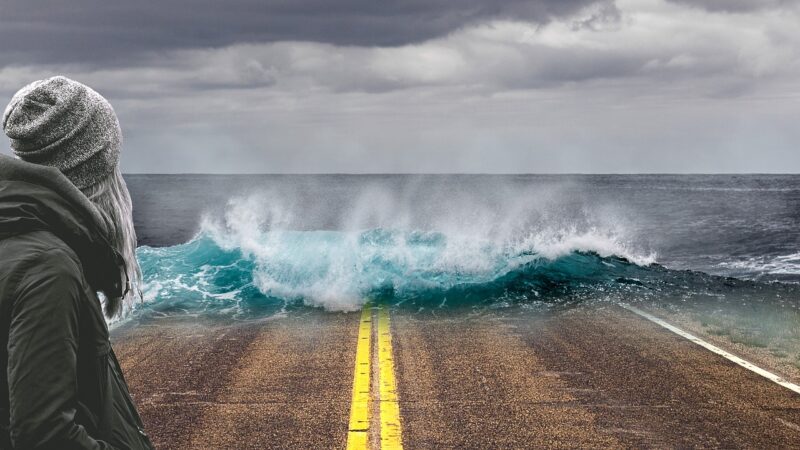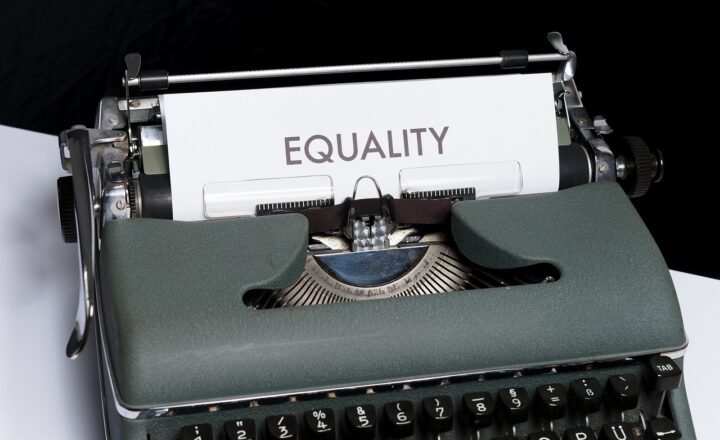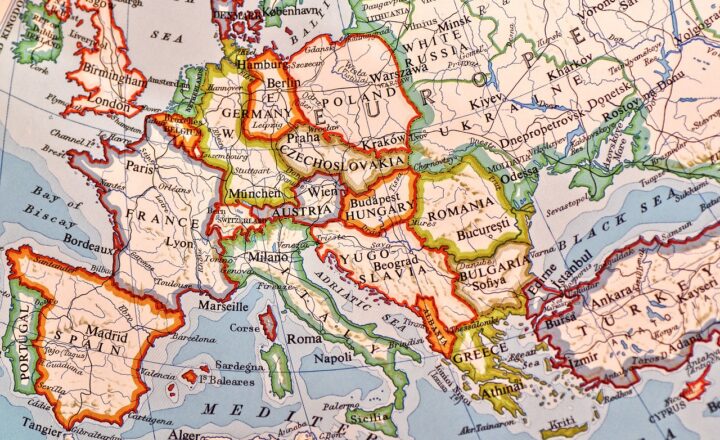Political Landscapes: Understanding the Shifts in Global Power
November 18, 2024

The world of politics is fascinating and constantly evolving, marked by changes that affect not just nations, but entire continents and global society as a whole. From shifting alliances and rising powers to the impacts of technology and environmental concerns, the political landscapes of countries are dictated by numerous factors, which can change rapidly. In this article, we will delve deep into the underlying dynamics that influence global power and how these shifts shape our world today and in the future.
1. The Historical Context of Global Power Shifts
To fully appreciate the current political landscapes, it’s essential to understand historical context. Throughout history, power dynamics have evolved significantly. Major events—such as the collapse of empires, world wars, and colonialism—have fundamentally reshaped the global order.
The fall of the Soviet Union in the late 20th century, for instance, provided the United States with a unipolar moment, marking a shift in the balance of power. However, this period of American dominance is increasingly challenged by emerging powers, particularly in Asia, leading to the concepts of multipolarity and the reestablishment of spheres of influence.
2. The Rise of Asia: Economic and Political Influence
Asia, especially China and India, has become a focal point in the discussion of global power. Economic reform and globalization have propelled China to the forefront of global politics, making it a formidable economic powerhouse.
– **China’s Belt and Road Initiative (BRI)**: A significant project aimed at expanding China’s influence through economic cooperation and infrastructure development, stretches across Asia, Europe, and Africa. This initiative underscores China’s ambitions to extend its geopolitical influence and reshape global trade routes.
– **India’s Growing Role**: With a rapidly growing economy and demographic advantage, India is positioning itself as a key player on the global stage. Its strategic partnerships with Western nations indicate a shift towards a collaborative multi-polar world.
As these nations rise, Western powers must navigate these shifts, often leading to both competition and cooperation.
3. The Influence of Technology on Global Politics
Technology is no longer just a tool for development; it has become a defining theater of political power dynamics. The rise of digital technologies has transformed governance, diplomacy, and warfare:
– **Cybersecurity and Cyber Warfare**: Nation-states are now engaging in cyber warfare, leading to new forms of contention and competition. Measures for cybersecurity are central to national security strategies as states vie for dominance in cyberspace.
– **Social Media’s Role**: Platforms like Twitter and Facebook have altered how information is disseminated and consumed, influencing public opinion and political movements. The Arab Spring is one prominent example where social media mobilized populations.
In this new arena, power is not only measured by military might but also by technological prowess and how effectively a state can influence narratives.
4. Environmental Challenges and Global Power Dynamics
The politics of climate change is perhaps one of the most pressing issues facing the world today. As natural disasters become more frequent and severe, countries must grapple with the implications of environmental degradation:
– **Climate Refugees**: Rising sea levels, severe droughts, and changing weather patterns will displace millions, creating new geopolitical pressures. Countries must now consider how to manage these populations and the instability they may bring.
– **Global Cooperation vs National Interests**: Balancing national interests with global responsibility necessitates complex negotiations among countries, especially those most affected by climate change, leading to geopolitical alliances and tensions.
The urgency of climate action adds another layer to political strategy and global relations as countries innovate and cooperate to mitigate risks.
5. The Role of International Organizations
International organizations such as the United Nations (UN), NATO, and the World Trade Organization (WTO) play significant roles in navigating the political landscapes:
– **Peacekeeping and Policy-Making**: Organizations mediate conflicts and create platforms for dialogue among competing powers, demonstrating the importance of diplomacy.
– **Global Trade Policies**: Organizations help establish trade agreements and facilitate discussions on global economic policies, shaping relationships between countries.
However, their effectiveness is often challenged by member states’ differing interests and the rise of nationalism, leading to debates about their future relevance in global governance.
6. The Future of Global Power Shifts
Looking ahead, the future of global politics is uncertain. With current trends hinting at a multipolar world, we can expect:
– **Increased Regionalism**: Countries might gravitate towards regional alliances that provide collective security and economic benefits in response to global pressures.
– **Power Rivalries**: The U.S. and China, among others, may experience intensified competition—not just militarily or economically, but ideologically as well.
– **Focus on Sustainability**: As environmental concerns grow, nations will likely prioritize sustainability in policymaking, influencing economic models and global relationships.
Conclusion
Understanding the shifts in global power requires a multifaceted approach, considering historical context, technological developments, environmental challenges, and the roles of influential organizations. As we navigate these transformative years, one thing remains constant: political landscapes will continue to change, molding the future of our interconnected societies.
By analyzing these dynamics, we equip ourselves with the knowledge to engage meaningfully with the challenges and opportunities that lie ahead.







